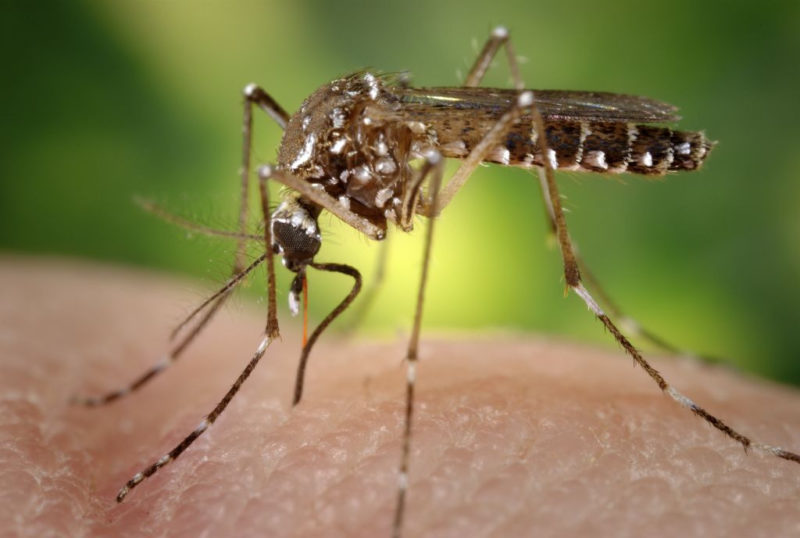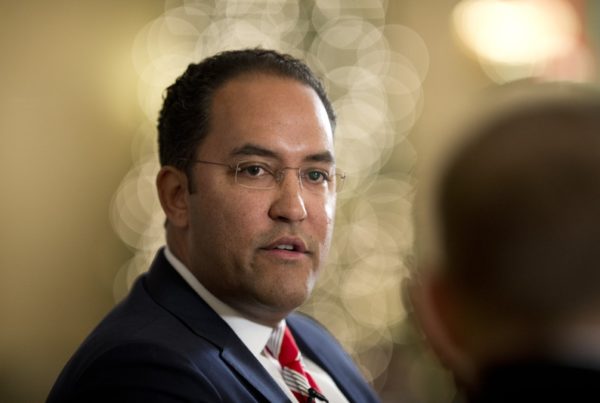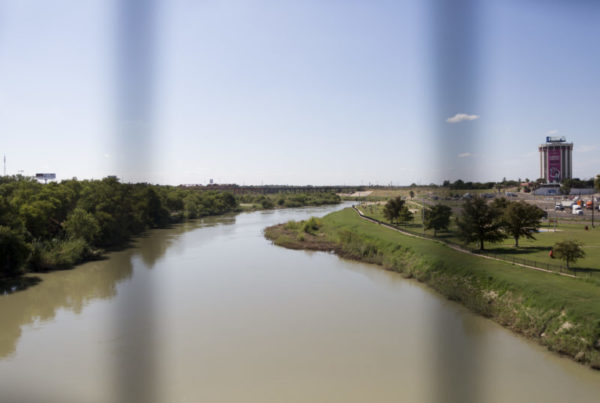As we enter the summer months we may soon notice a certain buzz in the air: mosquitos. Officials are warning residents of the Rio Grande Valley that they face a very real health threat from mosquitos this year. Although outbreaks of the Zika virus have faded from the headlines, officials are saying the risk of getting the virus could be on the rise in south Texas.
Earlier this month, the Texas Department of State Health Services revised its Zika testing recommendations – it now encourages testing during both the first and second trimesters of pregnancy for women in six south Texas counties.
So far this year, there have been 10 documented Zika cases in Texas, and this year’s unusually warm winter and rainy spring created perfect conditions for mass mosquito breeding.
“It’s still there in the background,” says Tom Dart, a Houston-based journalist covering the story for the Guardian. “With the warmer weather, that means more mosquitoes and that means more risk of Zika.”
Brownsville and the Valley are especially fertile grounds for mosquito breeding, Dart says.
“You have quite a lot of poverty, which means maybe you don’t have air conditioning,” he says. “Perhaps you don’t have mosquito screens. Perhaps there isn’t that much spraying in the area, perhaps you don’t have access to great healthcare – all those things that might increase your risk.”
What you’ll hear in this segment:
– How officials are trying to get the word out about Zika and whether it’s working
– How stepped up immigration enforcement might deter people from talking to health officials
– What will happen when federal funding for Zika education and testing run out this summer?
Written by Beth Cortez-Neavel.















